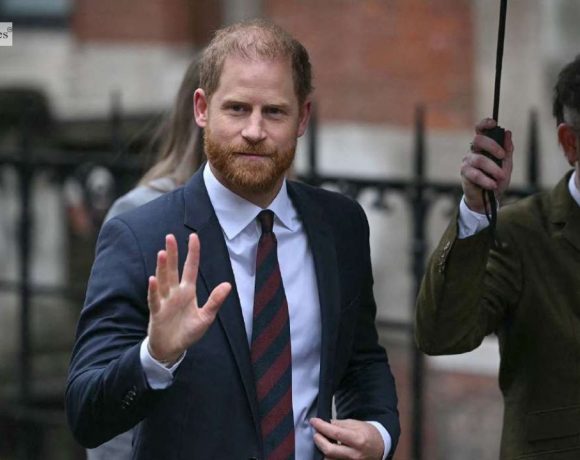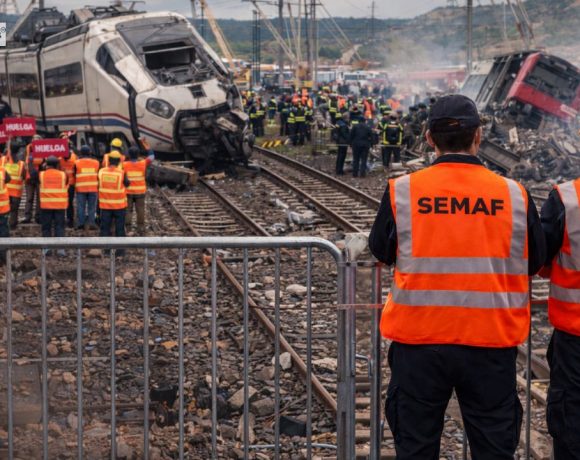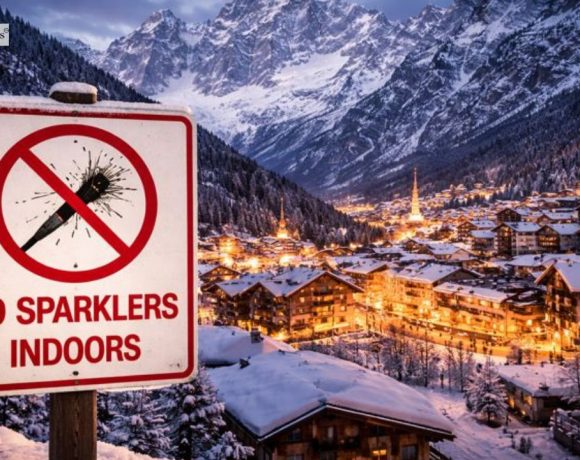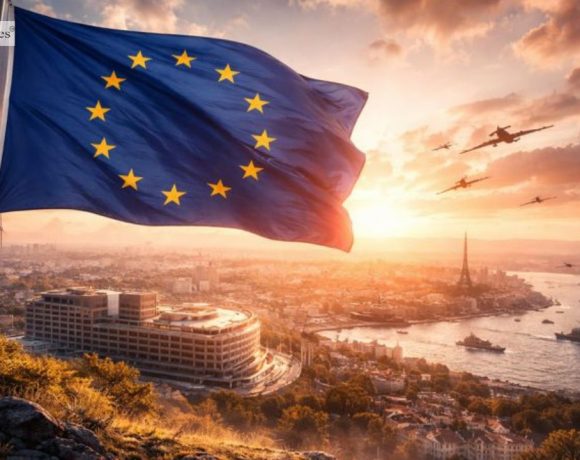
Volkswagen shares climbed to the top of Germany’s DAX index on Thursday after the carmaker reported stronger-than-expected automotive cash flow for 2025. Europe’s largest automaker said its automotive division generated net cash flow of about 6 billion euros, well above its own forecast of around zero, boosting investor confidence and driving the stock up 4.6% in morning trading.
The result marked a 1 billion-euro improvement from the previous year and exceeded market expectations, with analysts noting that while management had hinted at possible upside, the scale of the beat was a surprise. Broader sentiment toward the sector was also supported by easing trade concerns after U.S. President Donald Trump stepped back from threats of tariffs against European allies, reducing near-term risks for exporters.
Despite the upbeat performance, Volkswagen cautioned that challenges remain. The company expects pricing conditions to stay tight and profits from its China joint venture to decline in 2026 before recovering in 2027. Shares across the European auto sector rose in sympathy, while Volkswagen is set to publish its full-year 2025 results and 2026 outlook on March 10.
Pic courtesy: google/ images are subject to copyright









